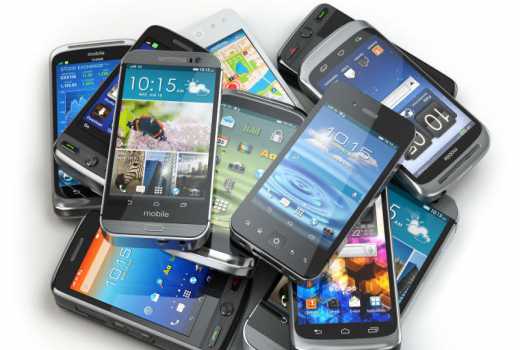×
The Standard e-Paper
Join Thousands Daily

NAIROBI, KENYA: Smartphone makers and vendors are betting on an increased demand of the gadgets in Africa to drive sales and grow market share this year.
Data from a global research firm International Data Corporation (IDC) indicates that smartphone sales across the continent are bouncing back, following a previous lull pushed by consumer demand.